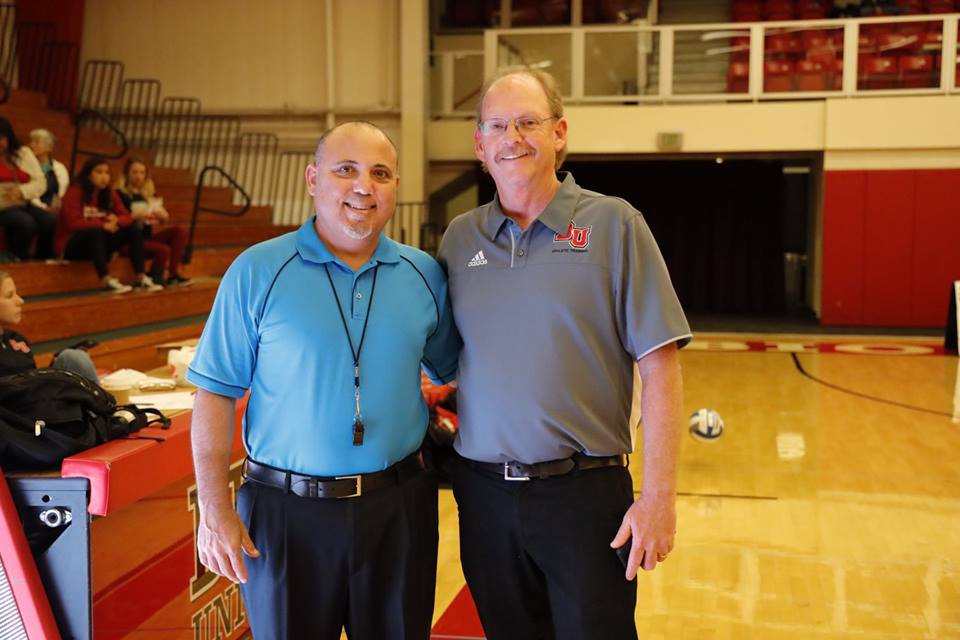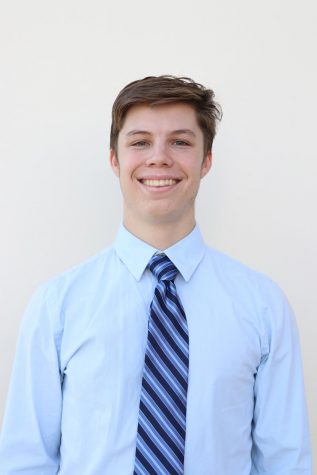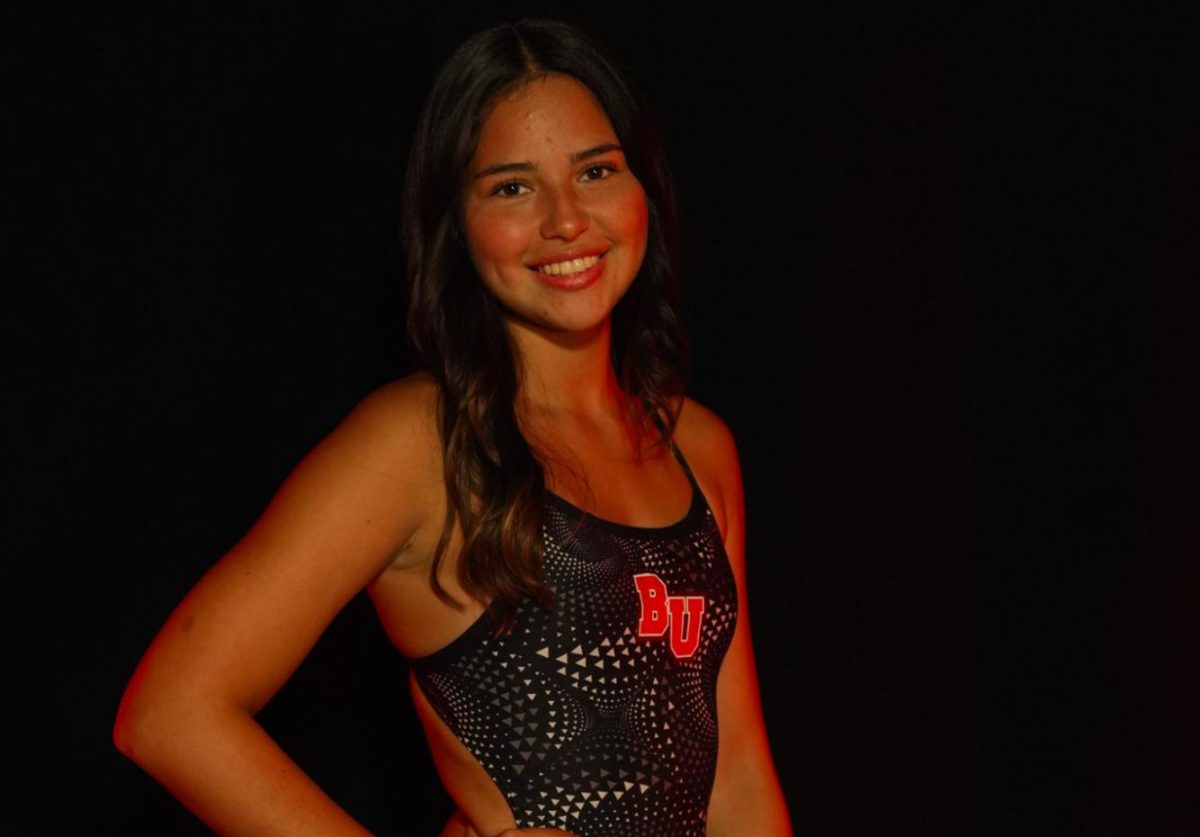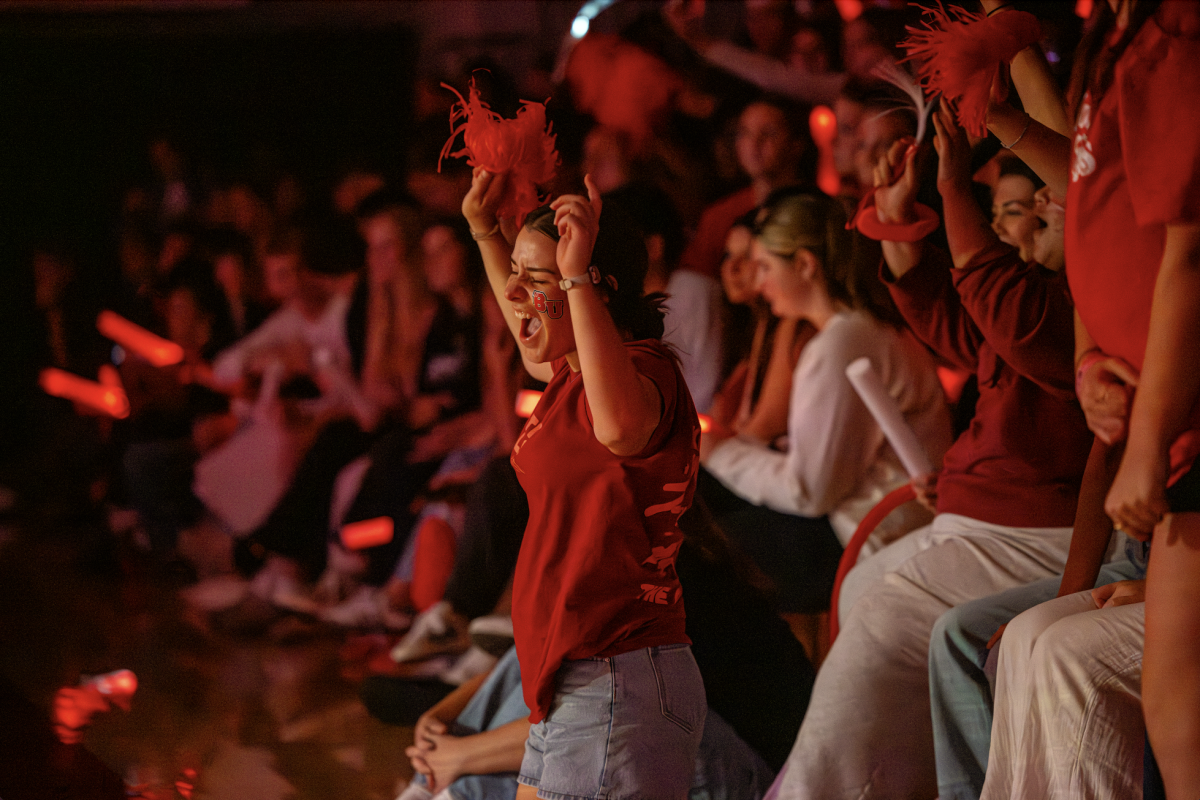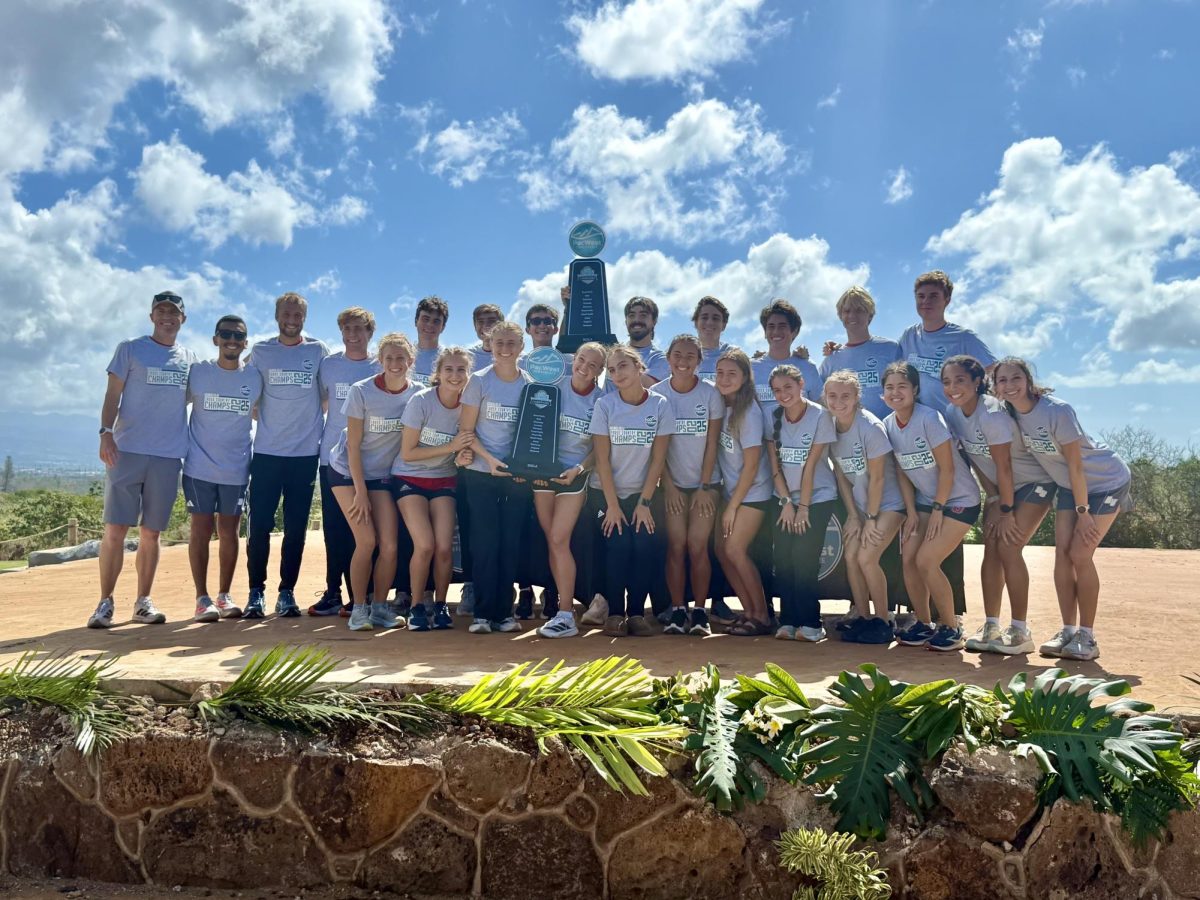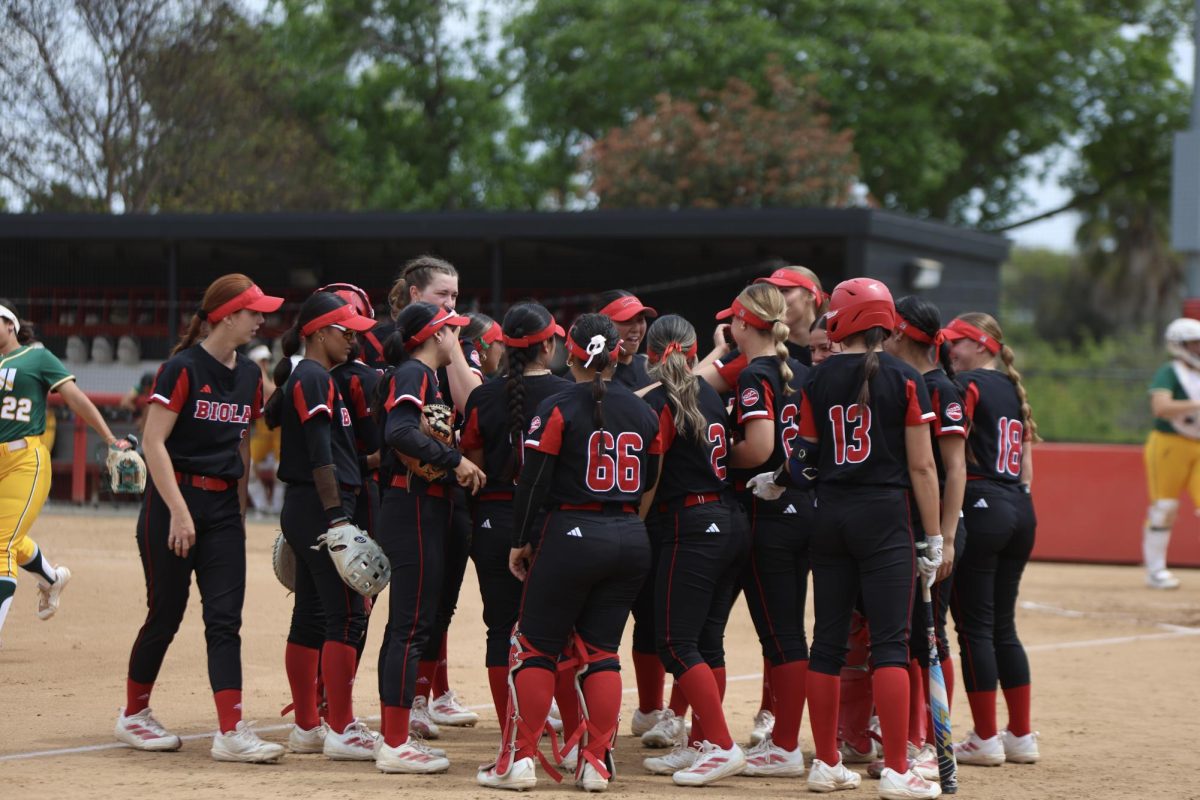(This story was originally published in print on Nov. 29, 2018)
When students and fans attend Biola athletics events, they see the athletes playing their various sports and putting their respective talents on display. What they do not see is the athletics training staff, who work to keep Biola’s athletes in good health and make sure they are ready to compete regularly at an NCAA Division II level.
UNSEEN IMPACT
While the public may not be aware of the training staff’s impact, student athletes are quick to emphasize trainers’ importance to their teams every single day.
“They play a really big role. We’re in there everyday getting tape before practice and stuff like that,” said senior men’s basketball player Alex Talma. “Any little injury we have, we go and get checked out with them right away. They’re always on top of it and they’re always willing and happy to treat us. They’re a huge part of the athletic program.”
Talma knows how much of a role trainers play as he enters his fourth year with the basketball team, and redshirt junior women’s basketball player Brenna Khaw also acknowledges their impact.
“They’re really important, because we pretty much use them before every practice and game and after to do treatment,” said Khaw. “We get massages, and ice and taping and they’re super important to keep us active and healthy.”
PERFECT FIT
Assistant athletic director for sports medicine John Wiese has been the Eagles’ head athletic trainer since 1988. Although he did not originally plan on working in athletic training, he says he has found a perfect niche at Biola in his 30 years here.
“I enjoy the sporting environment,” Wiese said. “I went into college thinking I would become a paramedic and was introduced to the field of athletic training, which was just budding at the time. I decided to go into that field and combine my passion for sports as well as emergency medicine.”
Wiese says he and his staff do not only impact the player’s physical health, but they also look to make sure each player is confident and mentally ready.
“We all try to treat the whole athlete. We don’t look at them as just an individual with an injury that we just need to get the physical aspect better,” Wiese said. “We want to make sure that their whole being is being attended to and that they’re returning, not only physically ready for sport, but mentally, psychologically and spiritually as well.”
TRUST IS KEY
Many athletes’ experience an injury at some point in their career, and when this happens a relationship of trust is key between players and athletic trainers.
“We’ve got a lot of trust in John and the rest of the staff there. We believe that they know what they’re doing and we trust them with our bodies and getting us back to full speed,” Talma said.
Trainers dedicate countless hours per day, from morning to night, to ensure the safety and well-being of the athletes according to Wiese.
“Each team has an athletic trainer specific to that team, so they’re responsible for taking care of the needs of the various teams and their practice times,” Wiese said. “Some days the staff will have an early morning practice, [or] late night practice, so the schedule is always changing and the days vary from week to week whether you’re on the road or in the office here. Some weeks are shorter and some are long—six days a week and even seven sometimes.”
Trainers have a difficult task given the amount of concurrent sports seasons at Biola, and the athletes greatly appreciate all they do.
“The staff there is really good at managing each team,” Talma said. “They do a great job of managing it and getting us in across all sports and all the athletes.”



